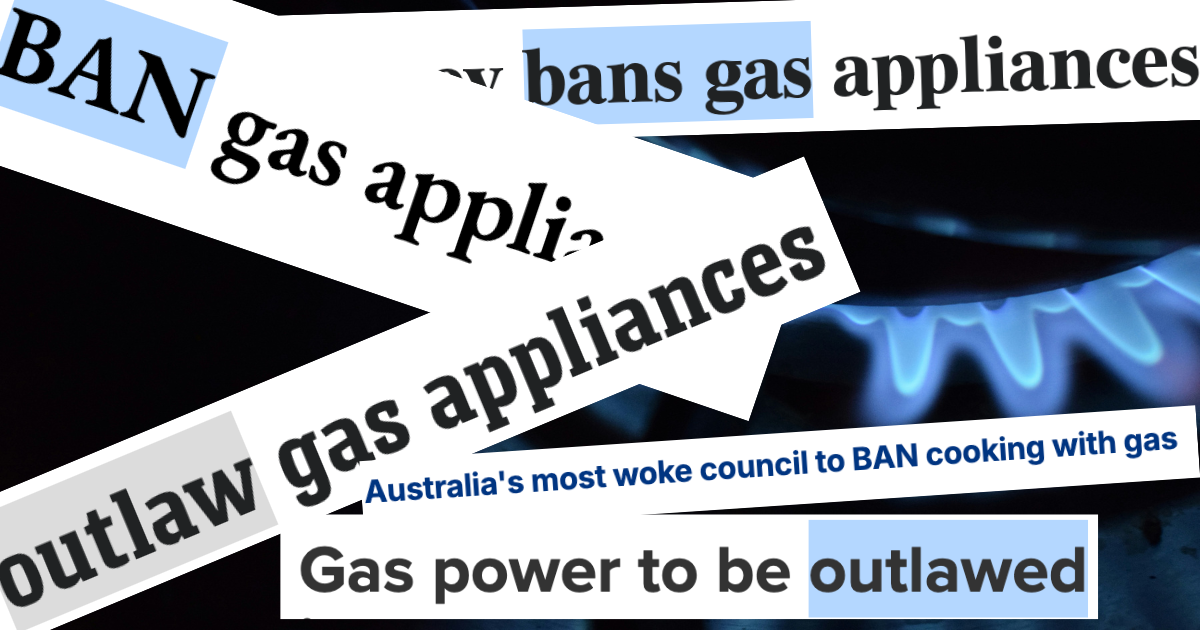November Newsletter #1: 🔵 Midnight train to the gaming lounge
Unexpected alliances, gassy homes, gumnut babies and local jazz
⏱️ The 57th edition of our newsletter is a five-minute read.
Morning all.
It’s been a busy start to the week. First thing Monday morning I was off interviewing North Shore MP Felicity Wilson about the pokies. She was in the news last week after her name was leaked to the press as one of the Liberal MPs pushing the Coalition to support a Greens bill banning the use of poker machines after midnight.
You can hear me explain the full story in my video below.
Wilson also gave me an interesting recommendation for my pie trail: a British bakery along Yeo Street that sells Cornish Pasties and Pork Pies. Would that be a controversial inclusion? Perhaps. I’ll have to consult with the pie oracles.
🗞️ Anyway, let’s get into the rest of the news.
“Delaying action will cost lives”
HEARD THIS WEEK👂
🎰 How do we fix New South Wales’ gambling problem?
The Greens and Liberals in NSW have found something they can agree on: the urgent need for gambling reform.
So why is Labor not on board?
See the full story below.
🔋 Why are local governments across Sydney pushing for all-electric dwellings?
In the coming years, LGAs like the City of Sydney and, most recently, North Sydney will likely be building thousands of electric residences powered by renewable energy.
However, when you hear this in the news, it might not always be broken to you in this way.
What you might hear instead is that “North Sydney is banning gas in new homes”.
But when you consider the general demand for this change, the cost savings, and how few homes are actually impacted, there is much that this framing leaves out.
What happened: A drafted amendment to North Sydney Council’s development plans will ensure new residential developments in the LGA will be all-electric, meaning gas connections will not be installed.
It might not be entirely untrue to say this proposition would “ban gas” in new homes, but it certainly does not show the whole picture.
🖼️The whole picture: For instance, it leaves out the fact that these new all-electric houses would only make up around 13% of North Sydney’s dwellings by 2030, going off state housing targets. However, going by the actual amount of residential buildings approved in the last financial year, this figure could be closer to 3%.
There is palpable demand among Australians for residences like these, too.
According to a survey from independent non-profit Energy Consumers Australia (ECA), one in three Australian homeowners who use gas are thinking about cancelling their gas supply in the next ten years.
A question of dollars and good sense: The trend is not purely motivated by environmental concerns, either, with practical economic considerations as well.
For example, a CSIRO report identified that, by 2030, electric residences will see a reduction in wholesale costs of $700 a year.
Gas bills, on the other hand, are set to rise: the report projects that as usage goes down, gas networks will likely charge the customer more to make up for this loss.
🔐Locking in: While a homeowner living in a detached unit can easily make the decision to disconnect their gas, the process is much more difficult for those living in strata complexes.
This is particularly an issue in LGAs like North Sydney, where almost 90 percent of homes are medium or high density.
ECA General Manager Brian Spak told the Lorikeet that “apartment dwellers often face the biggest barriers to electrifying, due to shared infrastructure and limited roof space for solar”.
According to Spak, policy ensuring the installation of electric power systems prevents people from being locked into high-cost gas they can’t easily change later.
🗣️ “It’s sometimes framed as removing choice, but in practice it’s about removing risk – especially for people who would otherwise have no real choice about the energy systems built into their homes.”
🧺 What’s on for November?
Here’s all the best events being held across the North Shore this November.
Did we miss something? Let us know and we’ll update! Just email [email protected]
LOOKING NATIONALLY 👀
Our story this week talking about pokie use in NSW hasn’t come out of nowhere. It actually follows new data from research firm Roy Morgan, showing the number of problem gamblers in Australia has increased by 110,000 people in 12 months.
The majority of those problem gamblers are under the age of 35 - which did surprise me, given some of the stereotypes around problem gamblers being oldies at the pokies.
In fact, just 0.7% of over 65s were considered problem gamblers, in comparison to 4.9% of 25 - 34 year olds and 4.6% of 18-24 year olds.
For Archie’s full breakdown, check out this video:

That’s all from me.
Got a story tip? An unsolved mystery? A notable local? Hit reply or reach out to me at [email protected].
Cheers,
Huw
How did you like today’s newsletter? |




